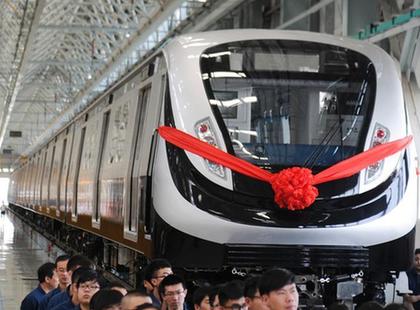Retailers take online route to keep e-commerce firms at bay
By XU JINGXI (China Daily) Updated: 2015-05-26 08:42Customers can return unsatisfactory goods to the department store and get refunds, without the need to apply online and re-ship the goods to overseas sellers.
"Cross-border e-commerce is still new to many Chinese customers and department stores are a familiar and reliable platform for them to embrace the new shopping mode," Liang said.
"Cross-border e-commerce and traditional e-commerce target different consumer groups. Those who will spend on imported goods ... are middle-and high-end customers, a group that largely overlaps with department stores' regular customers."
Scenting a business opportunity, department stores in China have dipped their toes in cross-border e-commerce one after another.
Chongqing Department Store launched its cross-border e-commerce platform in September last year and opened an offline experience store a month later.
Department stores in Guangzhou, where cross-border e-commerce accounts for 70 percent of the country's total, have also shown strong interest. The Guangzhou Friendship Store and Guangzhou Grandview are also preparing to launch such stores, according to Guangzhou Daily.
"Department stores in China are embracing the O2O-online-to-offline-business mode to address the challenge from online shopping. Launching cross-border e-commerce experience stores is one way to meet the challenge," Gordon Lam, general manager of the southern China office of Li & Fung Development (China) Ltd, told China Daily.
"However, they should be careful and not just follow the trend. They need to make a careful review of their supply chain and logistics arrangements to avoid competition between bonded and duty-paid goods as far as possible and ensure efficient delivery."
- Retailers take online route to keep e-commerce firms at bay
- Tariff reductions made to boost retail sales
- Inspired by traditional living
- Buying property can be tricky business
- China delivers all 2016 Olympics subway trains
- PPP list open to foreign bidders with more than 1,000 projects on offer
- Time to take a hard look at forex regulations
- Top 10 provinces with the highest per capita deposit in China

















